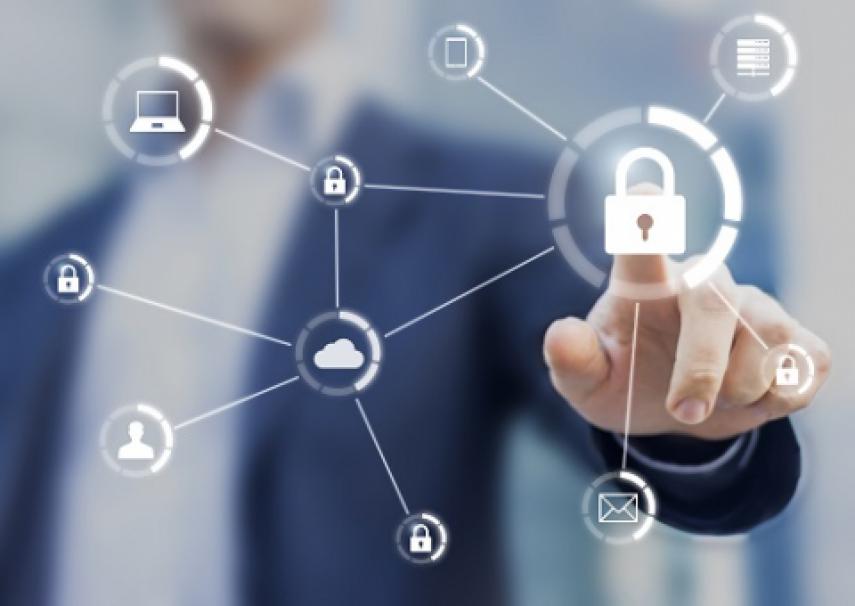
The internet is not only an incredibly vast source of information and entertainment, it’s also a convenient, time-saving tool for important tasks like banking. With online banking on the rise for both consumers and businesses, it’s more important than ever to follow a few basic steps to safeguard both your computer and your company’s sensitive information from malware, identity theft and other online threats. Here are some things you can do:
1. Keep Your Browser up to Date
Most of today’s internet browsers, like Internet Explorer, Firefox, Google Chrome and Safari, provide built-in safeguards to help block malware. It’s a good idea to always use the latest version of whatever browser you choose, and be sure to configure it to automatically install security updates as they’re made available.
2. Block Pop-Ups, Consider Ad-Blocking Software
Many browsers give you the choice to automatically block pop-up ads, which you should do whenever possible. “Malvertising,” or malware-embedded advertising, is a serious and growing threat – but you can avoid it by blocking ads or never clicking on them. For added protection, you can run dedicated ad-blocking software designed to keep other forms of advertising (beyond pop-ups) off of your browser.
3. Two Browsers: One for Business, One for Fun
It’s a good idea to do all your business-related surfing (such as online banking, shopping and bill paying) on a separate browser from the one you use for all of your other internet activity. Make sure to keep the browser you use for secure work current with the latest security updates, and never use it for non-secure browsing.
4. Steer Clear of Questionable Websites
Malware is often spread via websites with questionable content, so it’s best to avoid such sites. Also avoid clicking on those sensationalist ads promising shocking or “incredible” information that you find on some news and entertainment sites. You know the type, with headlines like, “One Weird Trick For Weight Loss” or “15 Shocking Celebrity Selfies.” The websites you visit don’t control these links or their content, so clicking on them is always a risk.
5. Only Trust Known Sites When Shopping or Downloading
If you’re not familiar with a site or if it doesn’t have a good reputation for protecting personal information, don’t buy or download anything from it, and don’t share any personal account information. When purchasing from a trusted site, using a service like PayPal may be the safest way to pay. Pre-paid gift cards and credit cards are good options too, but a debit card doesn’t provide the same level of protection and should be avoided for online purchases.
6. Use an Up-to-Date Anti-Virus/Anti-Malware Program
A good anti-virus and/or anti-malware program will go a long way in protecting your system from any viruses that could accidentally be downloaded while you’re browsing. These programs will also help your browser identify potential attacks that may be directed against it.
7. Keep Your Computer’s Operating System Up to Date
Operating system vulnerabilities are regularly being discovered and fixed, so using the latest version is a good way to help stay protected. You will also want to install any patches and security updates as they become available from the company who makes your operating system. Updates often contain fixes for security vulnerabilities that could be exploited in previous versions of the operating system. Staying up to date helps you stay safe.
By following these steps, handling your business’ banking online can be an efficient, easy, and – most importantly – safe way to keep all your important financial needs in order.